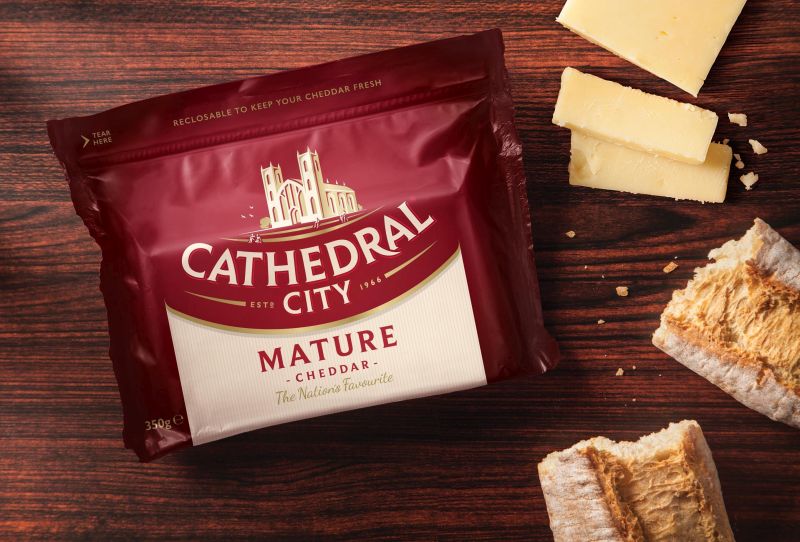Dairy Crest shares provide opportunity for tax free cash

The recent acquisition of UK-based Dairy Crest has resulted in those dairy farmers who retained their shares receiving a substantial cash pay-out.
Dairy Crest, the UK dairy company behind products such as Cathedral City cheddar, was bought by Canadian company Saputo in a deal worth just under £1bn in February 2019.
Those who retained their shares will receive cash that will be taxable, capital gains tax (CGT), rather than income tax.
They will benefit from various reliefs and principally the capital gains tax annual allowance which, for 2019/20, stands at £12,000 for each individual party to the share ownership.
The Dairy Crest share sale took place on 12 April 2019 and so falls in the 2019/20 tax year.
According to chartered accountants PKF Francis Clark, it is important that the declaration of the sale on the self-assessment returns reflects the true ownership of the shares.
In fact, omitting owners from the transaction may mean forgone CGT annual allowances and result in an element of the sale proceeds being taxed at 20%
Identifying those party to the transaction may go beyond simply who is on the papers, the group says.
For example, one partner in a farming partnership may be the named shareholder but in reality, do other shareholders hold an equitable interest in the shares, having been partners at the time those shares were originally issued.
Dairy Crest was born out of the deregulation of the Milk Marketing Board in April 1994. Brian Harvey, Partner at PKF Francis Clark, says: “Depending on the size of the dairy farming operation at the time of deregulation, some businesses held share worth in excess of £50,000 at the time of the takeover by Saputo.
“Making sure as much, if not all, of these proceeds can be retained tax free can provide a vital cash inflow for dairy farmers at a time when the trade still has considerable financial challenges.”
He added: “Deciding where the proceeds ultimately end up is also a consideration and depends on who has the correct interest in the shares. That said, there is no reason why proceeds can’t be held in the business if the cash is needed there.”








